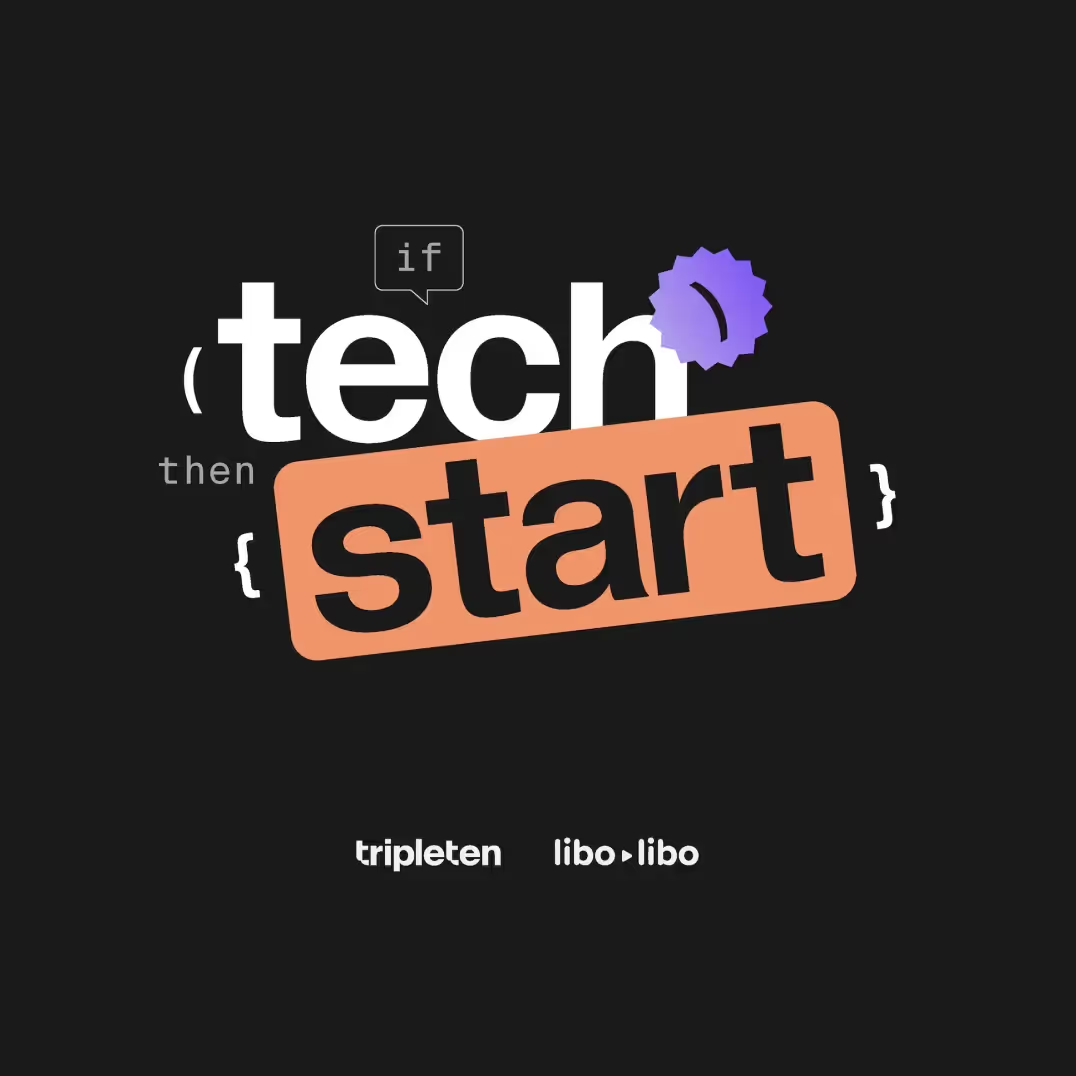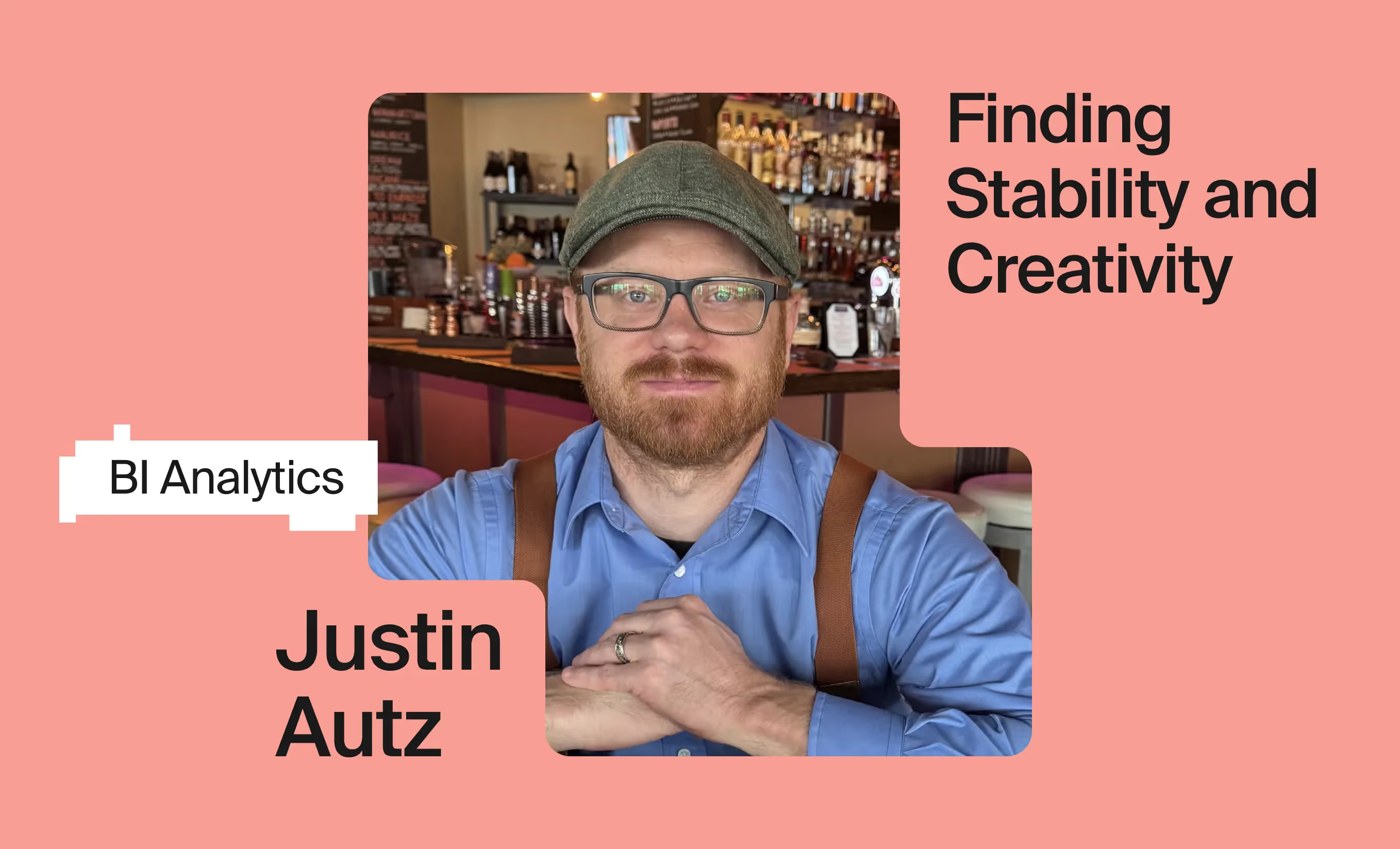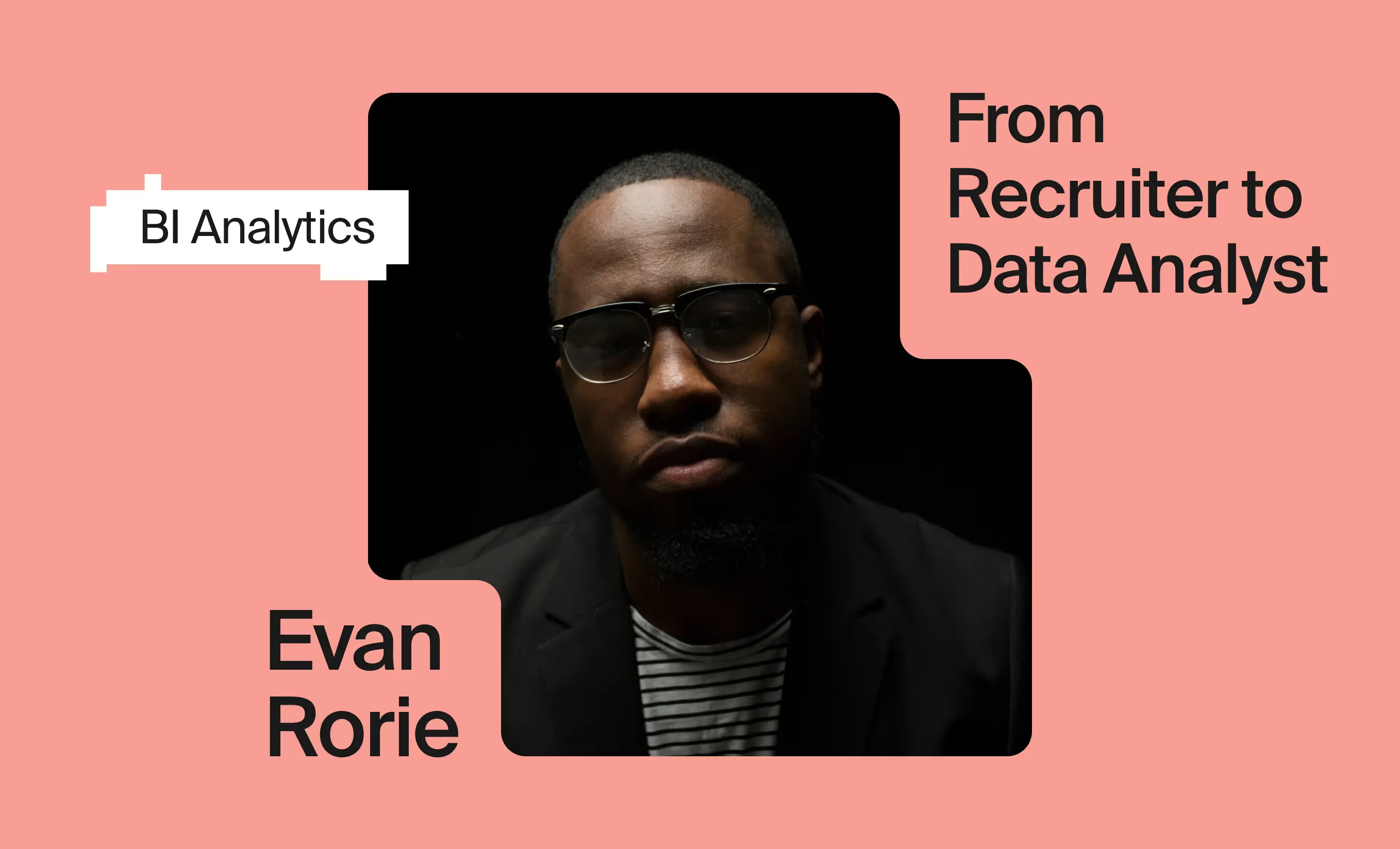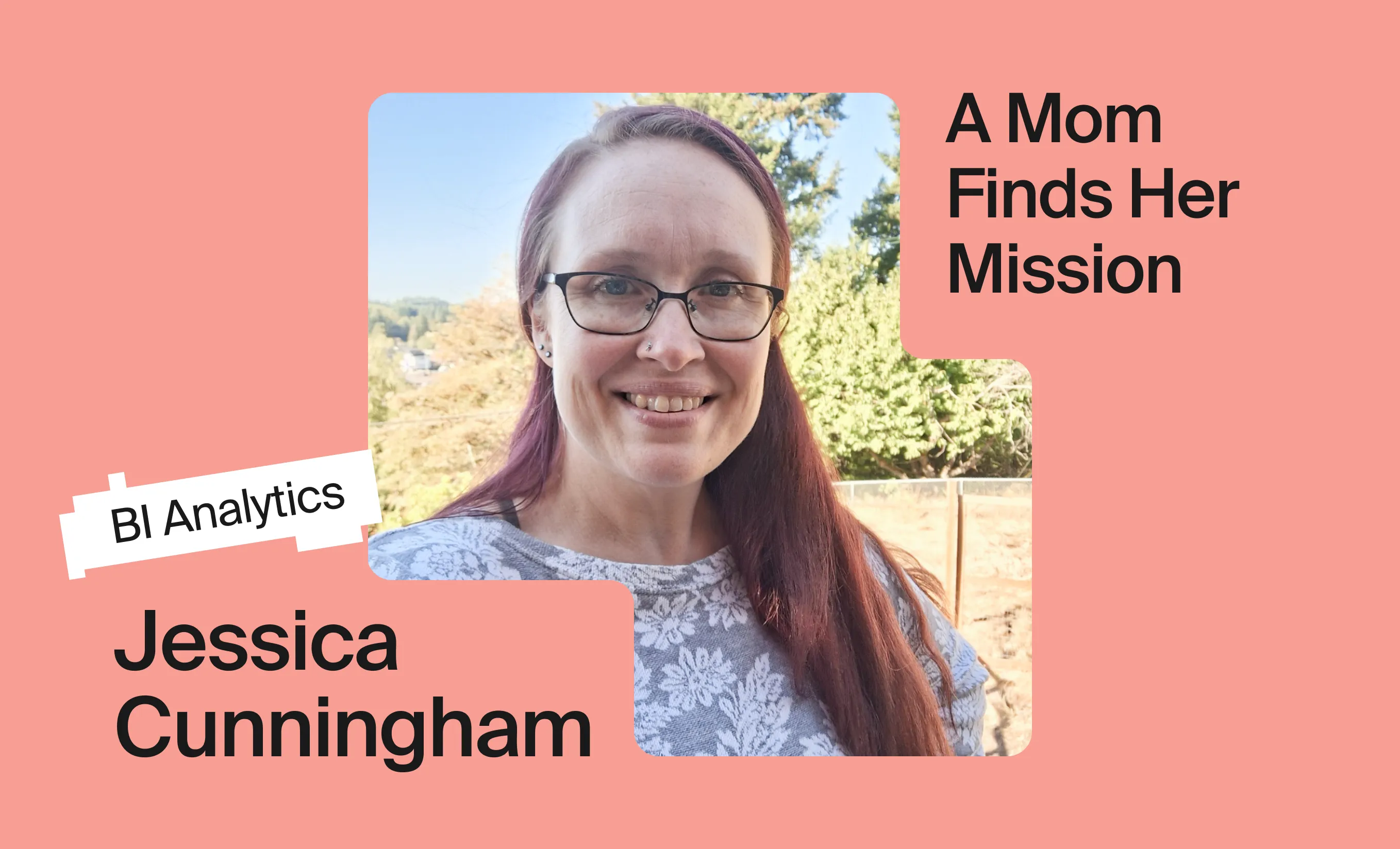Some people believe that success is built with meticulous planning. Others believe in the power of spontaneity. Thao-Vy Vuong’s story is an example of the latter. A Cornell graduate with minimal coding skills or experience with big data, Vy followed her curiosity and love for learning. First, they led her to a research institution in Vietnam, then to a Data Science course at TripleTen, and eventually, a new clinical data analyst position in the US health tech industry.
An amazing journey, right? We spoke to Vy to find out how it all happened and how TripleTen helped along the way.
With an open mind

Vy’s first encounter with the languages used for data analysis (like R or Python) wasn’t planned. While studying international development with a focus on public health and food systems at Cornell University, Vy had a mandatory capstone project. She decided to focus on public health nutrition and secured a fellowship at a research institution in Vietnam. Her fellowship entailed cleaning and analyzing datasets to answer research questions on how food environment (part of food systems) and socioeconomic status impacted weight outcomes.
“The purpose was to clean and analyze data and publish a whitepaper to characterize food systems in Vietnam. The rapid trade liberalization in Vietnam has brought extensive transformations to the country’s food system, from production and distribution to consumption, so they wanted to see how these changes affect public health nutrition,” she shared.
Accomplishing this task, though, was a problem in and of itself. Vy already had some data cleaning and data analysis skills, but she knew there was much more to learn. The datasets she worked with were freshly collected, thus the data needed to be preprocessed intensively before they could be analyzed. Vy took free courses on Coursera and learned everything she could from her friends and colleagues. “For the first three months [of the project], I was reviewing theories, learning to use R, and cleaning the data,” she said. The analysis that followed required an even deeper dive into statistics.
This experience, however, not only gave Vy a chance to review statistics, but also ignited an interest in working with real-life messy data and using more advanced statistical methods. She realized she needed her knowledge to be more systematic. Besides, the deeper she went, the more curious she became.
As my interest developed, I came across a lot of articles revolving around data science careers and how data science can advance healthcare. That created a spark in me to learn more.
Vy started reading up on it and signed up for the Women Who Code newsletter. One issue featured TripleTen. They were recruiting beta-testers for a new Data Science course. Vy spotted her chance. “I was super happy because that came just in time, so I applied right away,” she says. And she was recruited!
Overcoming obstacles
When Vy got back to the US, the same institution in Vietnam extended her research fellowship and let her work remotely. Thus, Vy could easily combine this role with her TripleTen sprints.
TripleTen gave her a lot of exposure to real DS-related tasks, but Vy wanted to fully immerse herself in the world of data science. So, she enrolled in her second master’s program, this time in data analysis. Was it hard to balance three commitments at once? You bet.
“It was manageable at that time because my job was part-time. I still had time to follow up, but when I started my second degree, it became more difficult.”
The course structure, though, helped her a lot: understanding math theory, for example, got much easier once she was introduced to statistical models that showed her what all the math was for. TripleTen also asked students to conduct projects after each theoretical sprint, which helped her put what she learned into practice.
It’s a very good way for students to comprehend and practice our skills. That helps a lot for a person with no prior coding skills.
And TripleTen’s DS course wasn’t her only opportunity to practice: she could apply her new skills to projects she was working on. “It helped me learn faster than I expected."
Also, communication helped tremendously. “It was possible to post a question in Slack and get a reply within 24 hours,” Vy shared, so she always felt someone had her back.
But soon, three commitments became four. Several months into the course, Vy was offered a position as a clinical data analyst at a US health tech company. Her portfolio, consisting of TripleTen and research-related projects, made her a desirable candidate.
“I put the section for data science projects on my resume, and half of those projects were from TripleTen. I think that’s one of the things that made my resume stand out to the recruiter. Then I was invited to these rigorous interviews, and TripleTen, together with my master’s degree in analytics, helped me to overcome them, especially the technical portion.”
Moving forward
“What do I want to do in the future? I have no idea,” laughs Vy. “But I like what I do. I don’t really care about the exact title of the job, but I care about what the job really is. Basically, I want to work with real-life healthcare data, use statistical methods to analyze data, and build predictive models to help reduce avoidable healthcare-adverse events. TripleTen has taught and inspired me a lot.”
Great job, Vy!
Has Vy’s story piqued your interest in data science? Start learning with us for free.











